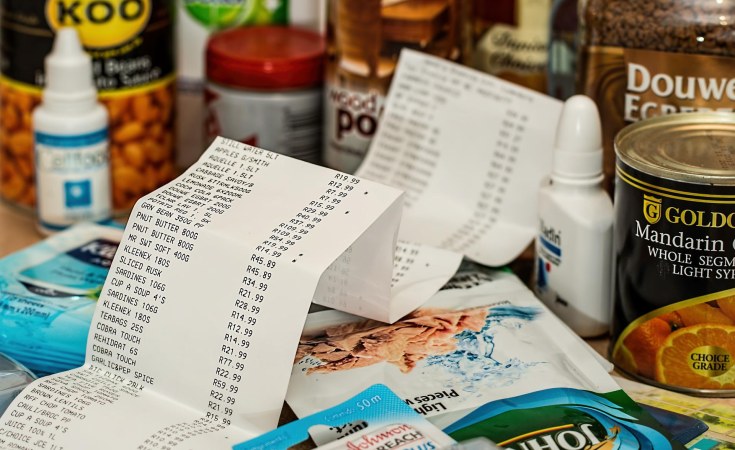The Consumer Price Index (CPI) report released by the NBS showed that inflation rose by 20.8% in September, the highest rate since 2005, up from 20.52% recorded in the previous month.
Nigeria's inflation rate hit a 17-year high on the back of soaring food prices and supply chain disruption in September, a report by the National Bureau of Statistics (NBS) said on Monday.
The Consumer Price Index (CPI) report released by the NBS showed that inflation rose by 20.8% in September, the highest rate since 2005, up from 20.52% recorded in the previous month.
On a month-on-month basis, the index rose by 1.36% compared to the 1.77% increase recorded in the previous month, it said.
The NBS report showed that urban inflation stood at 21.25% in September 2022 from 17.19% recorded in the corresponding period of 2021, while rural inflation stood at 20.32%.
Food Inflation
The food inflation rate stood at 23.34% on a year-on-year basis, recording a surge from the 23.12% recorded in the previous month.
The NBS said increase in the food index was attributed to increases in prices of bread and cereals, food products, potatoes, yams, and other tubers, oil, and fat.
The "All items less farm produce" or core inflation, including the prices of volatile agricultural produce, stood at 17.60%, up from 17.2% recorded in August 2022.
The bureau said the highest increases were recorded in prices of gas, liquid fuel, passenger transport by air, passenger travel by road, and solid fuel.
The NBS explained that rising inflation rate was caused by soaring food prices, disruption in food supply chain, rise in import cost due to the currency depreciation, and increase in the cost of production.
The inflation rate increase places renewed pressure on the Nigerian apex bank to increase interest rates and put inflationary pressure at bay.
Last month, the policy-setting committee of the Central Bank of Nigeria (CBN) raised the monetary policy rate (MPR), which measures interest rate, from 14 percent to 15.5 percent, the third consecutive increase in 2022.
On Monday, a report by Agora Policy which analysed Nigeria's economic datasets from 2011 to 2021, called for in-depth reforms in trade and investment, inflation, interest and exchange rates, unemployment, and poverty.


